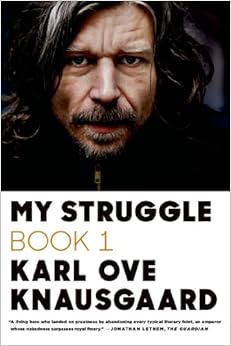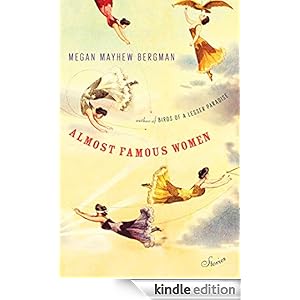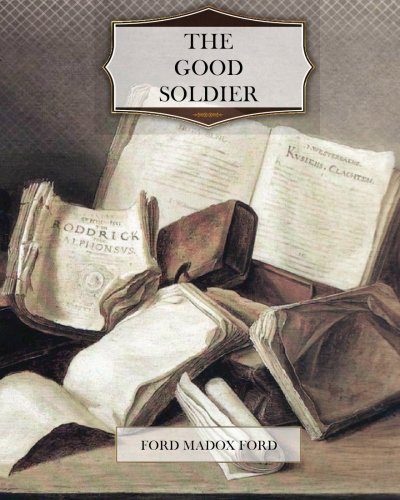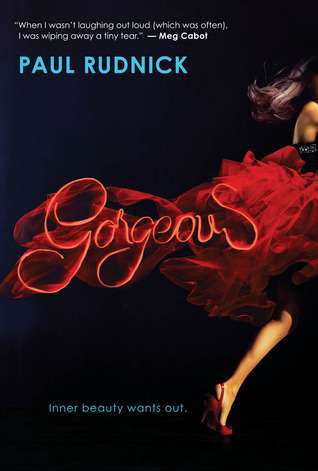Books on my 2015 TBR List
The new year has arrived. So has a new reading list. Here’s some of what I’m looking forward to in 2015—a mix of releases and classics I didn’t quite get to in 2014, and some great new books scheduled to arrive in the new year.
The Fame Lunches: On Wounded Icons, Money, Sex, the Brontës, and the Importance of Handbags, by Daphne Merkin. It’s Merkin’s first book in fifteen years, listed a Best Book of 2014 by Publisher’s Weekly as one that “Includes profiles of Richard Burton, Bruno Bettelheim, Mike Tyson, and Cate Blanchett, as well as essays on Anne Carson’s “unclassifiable” poetry, the books of W.G. Sebald, and the resiliency of Jean Rhys (who ‘speaks to the inner bag lady in all of us’).”

The Unspeakable, Meghan Daum’s new essay collection. In these ten new works, says Amazon, “old encounters with overdrawn bank accounts and oversized ambitions in the big city have given way to a new set of challenges.”
My Struggle, Books One and Two. The first two installments of the six-volume autobiographical novel by Karl Ove Knausgaard. First released in Norway from 2009-2011 (and recently translated to English by Don Bartlett), the third volume in English translation has just been released. Knausgaard, who has been called the Norwegian Marcel Proust, had me hooked from the first lines: “For the heart, life is simple: it beats for as long as it can. Then it stops.”

Purity, Jonathan Franzen’s newest novel is due out in September, his first since 2010’s Freedom. The Guardian describes the story as “a young woman searching for her father, moving from America today to South America and East Germany before the fall of the Berlin Wall,” and the publisher, Farrar, Straus & Giroux calls Purity a “stylistic departure.” As a big fan of The Corrections, and the essay collection How to Be Alone, I can’t wait.
I love the premise of Megan Mayhew Berman’s new story collection Almost Famous Women. The stories center on, well, women who were just that. Lord Byron’s illegitimate daughter, Allegra. Oscar Wilde’s troubled niece, Dolly. West With the Night author Beryl Markham. Edna St. Vincent Millay’s sister, Norma. The book has just been released, and was recently described by NPR as “fictionalized accounts of real-life, risk-taking women who have largely been forgotten, and now are re-imagined.”

I’m definitely late to All the Light We Cannot See, by Anthony Doerr. This World War II novel of a blind French girl and a German boy whose paths collide in occupied France, has been been called “stunning,” “ambitious,” and an “instant New York Times bestseller.” The book has also jumped in sales since being a finalist for this year’s National Book Award. Doerr, known for his gorgeously crafted prose, deserves every bit of the praise.

Finally, the classic that has managed to be off my radar for far too long, Ford Madox

Ford’s The Good Soldier. Written in 1915, the impressionistic tale of a soldier, Captain Edward Ashburnham, and his wife Leonora in the aftermath of WWI has long been on my list. Finally, I bought the book over the New Year’s weekend and greedily devoured the introduction, in which Ford is quoted as saying that he looked back on the novel “into which—after more than twenty years of authorship—he put ‘all that I knew into writing.'”
—Lauren Alwan

